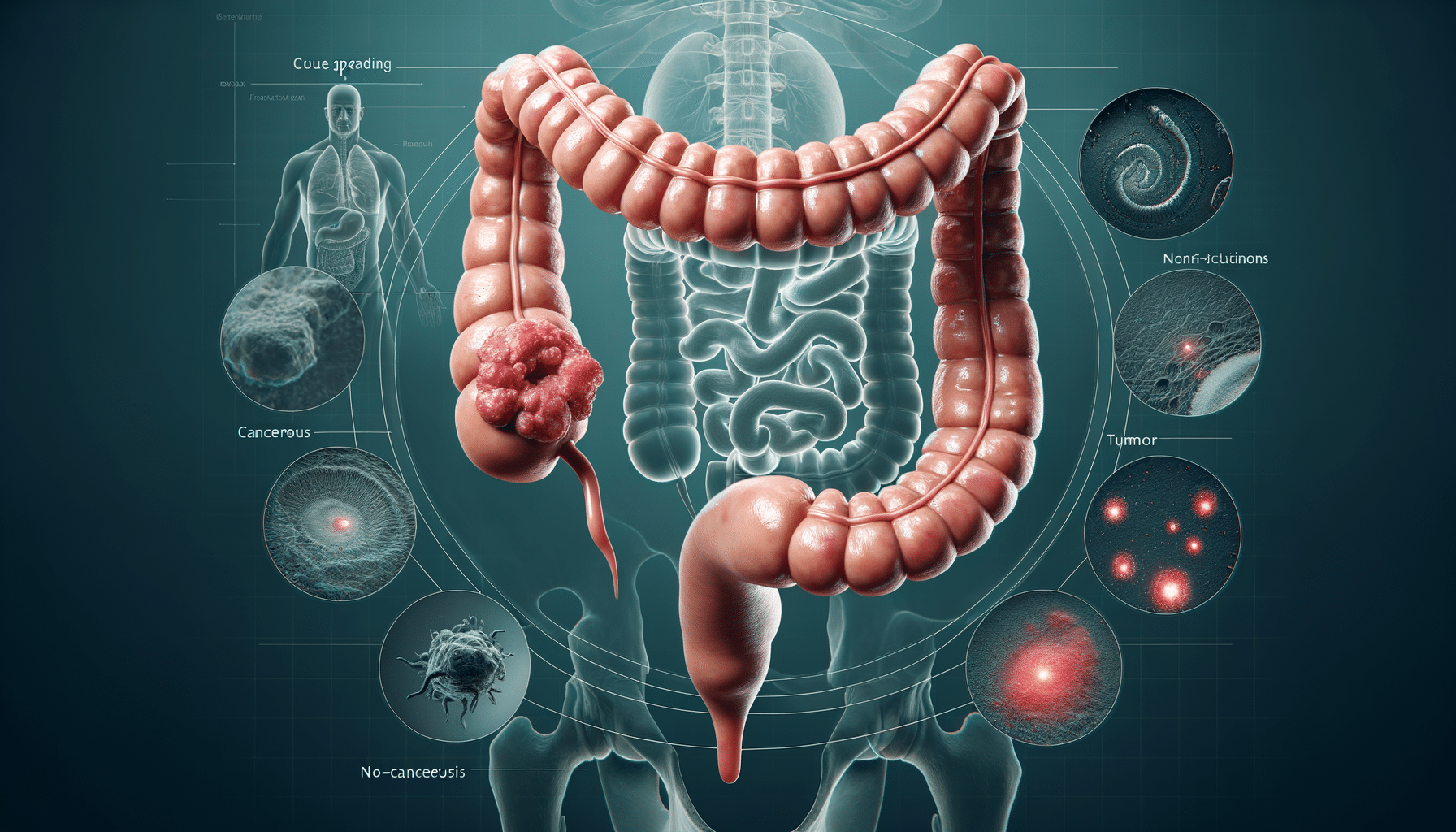
Colon Cancer: How It Spreads, Early Signs, and What You Need to Know
Understanding Colon Cancer: An Overview
Colon cancer, also known as colorectal cancer, is a type of cancer that begins in the colon or rectum. It is one of the most common forms of cancer worldwide, affecting millions of people every year. Colon cancer typically begins as small, noncancerous (benign) clumps of cells called polyps that form on the inside of the colon. Over time, some of these polyps can become cancerous. Understanding the nature of colon cancer is crucial for early detection and treatment.
The progression of colon cancer can be slow, often taking years for polyps to turn into cancerous tumors. This slow growth offers a window of opportunity for early detection through regular screening. The importance of screening cannot be overstated, as it can help identify polyps before they become malignant. Despite its slow growth, colon cancer can become aggressive if not treated promptly, making awareness and early intervention critical.
How Colon Cancer Spreads
Colon cancer spreads through a process known as metastasis, where cancer cells break away from the original tumor and travel to other parts of the body. Initially, the cancer may invade nearby tissues and lymph nodes. If not caught early, it can spread to distant organs, such as the liver, lungs, and brain. The liver is often the first site of metastasis due to its proximity to the colon and its role in filtering blood from the digestive tract.
The spread of colon cancer is influenced by several factors, including the size and location of the tumor, the cancer’s stage at diagnosis, and the patient’s overall health. Understanding where colon cancer spreads first can help in planning effective treatment strategies. Early detection through screening and prompt treatment can significantly improve outcomes and reduce the risk of metastasis.
Recognizing the Early Signs of Colon Cancer
Early detection of colon cancer can significantly improve treatment outcomes. Recognizing the warning signs early is crucial for timely intervention. Common early signs of colon cancer include changes in bowel habits, such as persistent diarrhea or constipation, rectal bleeding, and abdominal discomfort. Unexplained weight loss and fatigue are also potential indicators of colon cancer.
While these symptoms can be caused by other conditions, it is important to consult a healthcare provider if they persist. Early signs of colon cancer are often subtle, making regular screening vital for those at risk. Screening methods such as colonoscopies can detect polyps and early-stage cancers before symptoms develop, offering the best chance for successful treatment.
Treatment Options for Colon Cancer
Treatment for colon cancer depends on the stage of the cancer and the patient’s overall health. Common treatment options include surgery, chemotherapy, radiation therapy, and targeted therapies. Surgery is often the primary treatment for early-stage colon cancer, involving the removal of the cancerous section of the colon. In more advanced cases, chemotherapy and radiation may be used to shrink tumors and kill remaining cancer cells.
Targeted therapies are a newer option that focuses on specific molecules involved in cancer growth. These therapies can be used in combination with other treatments to improve outcomes. The choice of treatment is personalized, taking into account the cancer’s characteristics and the patient’s preferences. Advances in treatment options have improved survival rates for colon cancer, making early detection and treatment even more critical.
Conclusion: The Importance of Awareness and Early Detection
Colon cancer remains a significant health concern globally, but awareness and early detection can make a substantial difference in outcomes. Understanding how colon cancer spreads and recognizing the early signs are key to timely intervention. Regular screening is essential, especially for those at higher risk due to age, family history, or other factors.
By staying informed and proactive about colon health, individuals can reduce their risk and improve their chances of successful treatment. As research continues to advance, new treatment options are emerging, offering hope for those affected by colon cancer. Ultimately, awareness and early detection are the most powerful tools in the fight against this common but often preventable disease.


